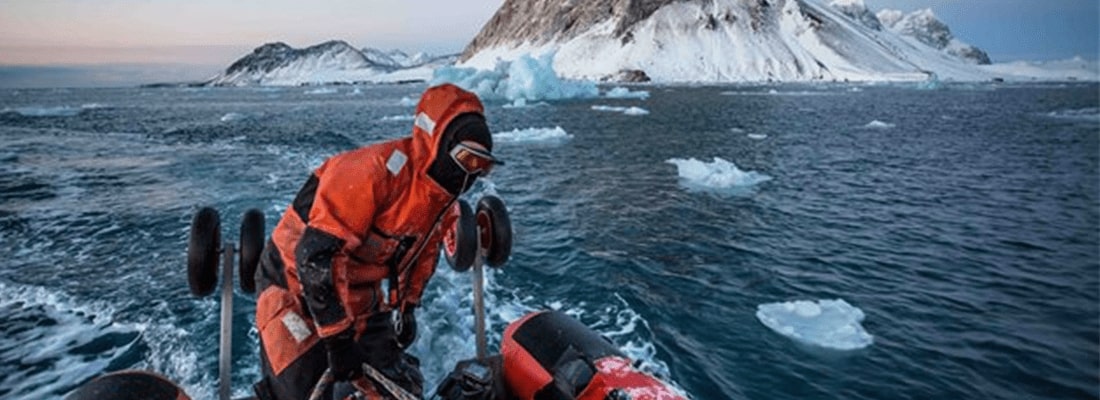Featured text by Shmulik Kryzer, Erez Thermoplastic Products
When sourcing fabrics for marine safety end products, many manufacturers look to textile suppliers for various types of TPU coated nylon fabric and TPU coated polyester fabric. TPU coated nylon and polyester textiles are primarily used for inflatable life jacket bladders and for inflatable life rafts. Within the marine industry, the technical and regulatory specifications required for the end product means it’s necessary to look for textiles with very specific properties and characteristics that are very different from fabric design for other industries.
While the specific needs of your project may vary, here are a few important characteristics to consider when selecting TPU coated nylon textiles for utilization in marine applications, and especially marine safety products.
1. Great Air Holding
Marine safety applications of TPU coated nylon and polyester include life jacket bladders and life rafts, inflated either with a pump or via immediate inflation with an air canister. In either case, excellent air holding capacity is essential to the quality of the fabric. TPU-coated textiles have particularly strong fabric resistance, helping ensure they maintain their air holding capacity for an extended time.
2. Chemical Resistance
Fabric used in the marine environment has to be particularly resistant to salt water and weather as they will be subject to the elements, often for long periods of time, and expected to have a life span at least a decade long. TPU coated nylon fabric is particularly resistant to oil and grease as well as abrasion, meaning that despite exposure to harsh conditions the coated textile can be expected to last.
3. Fabric Elasticity and Flexibility
The reason to use thermoplastic fabric above other types of materials is its ability to bend, shape, and stretch while still retaining its fundamental qualities. In marine applications, coated textiles have additional layers of film that allow the fabric to function in a harsh UV, chemical, and marine environment while still maintaining the flexibility of the base fabric.
4. UV Stability
In general use, the most common external cause of fabric degradation for marine products is UV radiation from the sun. All marine products should factor in not only their exposure to salt and weather, but also their regular exposure to the sun. Coating nylon fabric in a layer of TPU copolymers can help extend the amount of exposure to the sun a product can have before it begins to degrade, extending the useful life of a product tremendously.
5. High Standards
Marine safety products are designed to go on everything from leisure craft to major commercial barges and so must be manufactured to international standards. In order to do this, fabric must consistently meet quality tests outlined in international standard test measures to ensure it will perform as specified.While the exact needs of your project will drive which variables are most important for your business, Erez has the ability to produce TPU coated nylon fabric that meets each of these important characteristics and more. At METSTRADE 2018 we will be showcasing some of our newest technology for TPU coated textiles and more. If you’d like a preview, please contact us.

